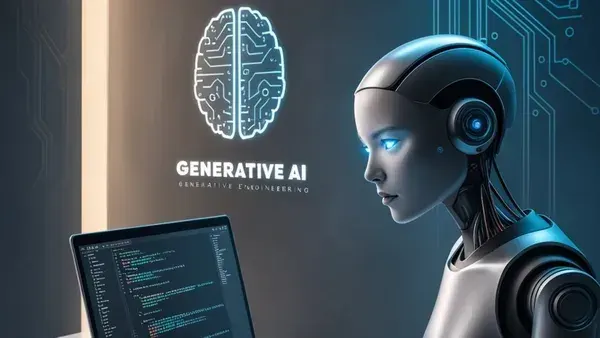
AI-based services such as ChatGPT and Copilot promise to increase the quality and efficiency of programming. Such tools can strongly influence which information developers consume and reuse - thus impacting our knowledge, beliefs, decisions, and actions. But at the same time, these systems can create substantial business value for different stakeholders. Generative AI and deep learning can generate code, develop prototypes, optimize algorithms, and perform security audits, to name just a few. Given the growing potential impact of AI-based tools on developers, organizations, and society, questions of biases, copyrights, lack of explainability, trustworthiness and fairness have gained increased attention in recent years.
In this talk, we will first review the basics of Generative AI. Then, we will discuss the toolchain and the impact of AI on software development practices and how software developers work and think. What possibilities and potentials do current AI technologies offer to make software more robust, reliable, and simultaneously easy to produce and maintain? On the one hand, the ongoing adoption of AI-based tools may introduce much more efficient software developments and deliveries. On the other hand, these techniques can raise risks and threats. The challenge of balancing these opportunities and benefits against their potential for negative impacts underlines the need for more discussion in software development communities.
Speaker
Iryna Dohndorf is a software engineer at the Karakun, which is placed in beautiful city Basel. Before joining the Karakun, she received a Doctor in Computer Science from the Technical University Dortmund in 2017 and did postdoctoral research since 2018. Her research has been focused on formal methods in computer science, stochastic modeling, simulation and optimization.
In her work, Iryna develops innovative models and algorithms to tackle the challenges in data-driven decision making under uncertainty and applies the models in multiple domains, including predictive maintenance, transportation, logistics, finance, and psychological science. She is a passionate interdisciplinary researcher and software developer and has been actively collaborating with cross-domain researchers, computer scientists and engineers. Her most recent publication is A Blockchain-Based Approach to Provenance and Reproducibility in Research Workflows.’